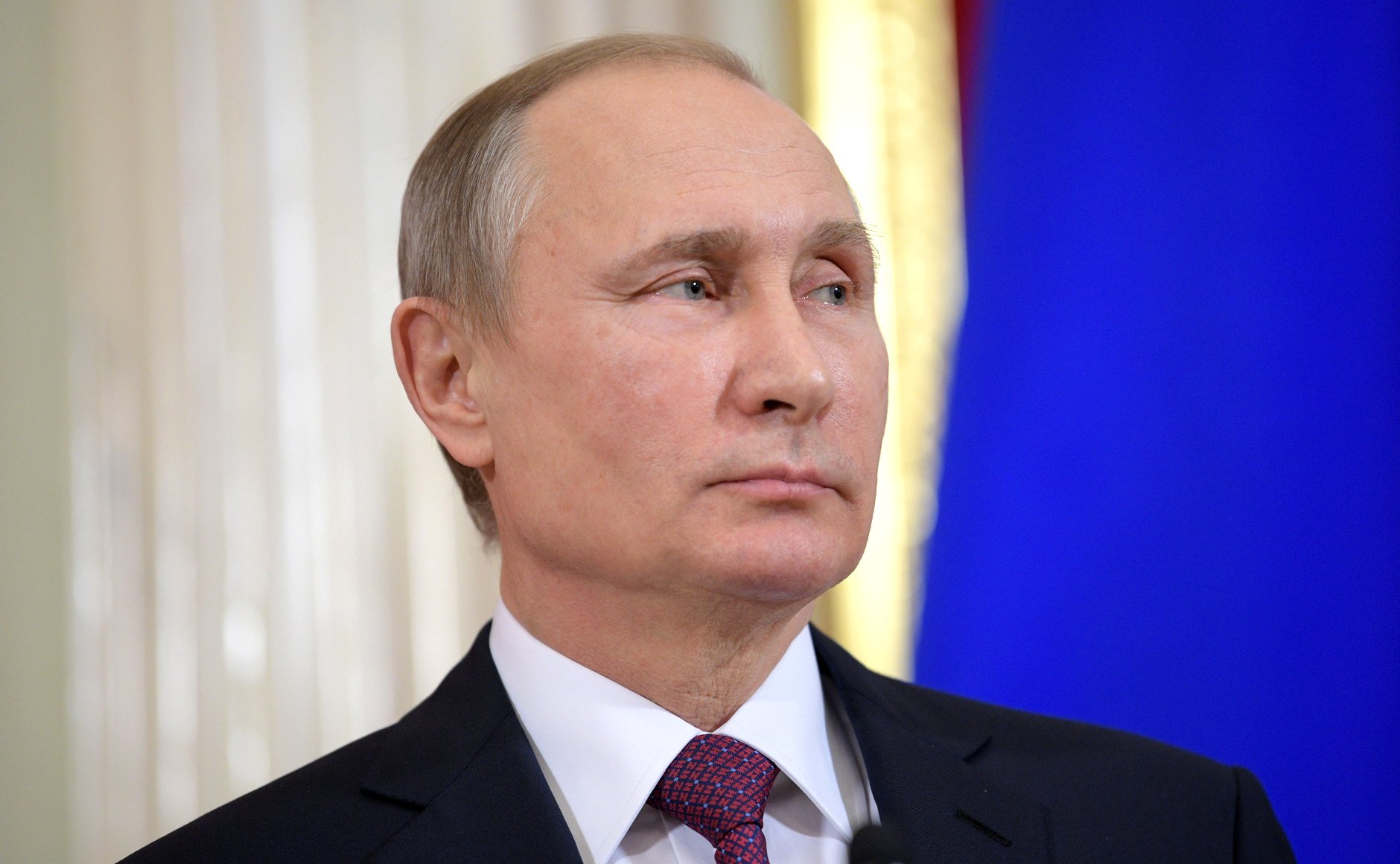GENEVA (Transatlantic Today) – With the weeks-long stalemate over Ukraine reaching a “critical point,” top US and Russian diplomats gathered on Friday to discuss avoiding a Russian attack on its neighbor.
As they met early Friday in Geneva, Switzerland, Secretary of State Antony Blinken and Russian Foreign Minister Sergey Lavrov lowered hopes for a resolution — the finale of a diplomatic rush across Europe in an attempt to avert a potentially disastrous new confrontation.
After a 90-minute meeting, each diplomat talked to the press separately about their discussions. Blinken described their talk as substantive and frank, noting that it was a candid exchange of ideas and concerns rather than a negotiation.
According to Blinken, Lavrov reiterated on Friday that Russia seems to have no real intention of attacking Ukraine, but emphasized that actions and deeds, not words, make the difference. He advised Lavrov that if Russia wants to persuade the rest of the world that it has no intentions of attacking Ukraine, it should start by withdrawing the Russian military from the country’s borders and continue to participate in negotiations.
If Russia’s armed forces enter Ukraine, Blinken cautioned, the United States and its allies will respond quickly, harshly, and unitedly.
The US and Russia will discuss concerns and ideas in writing next week, according to both ambassadors. Blinken said he’ll go back to Washington on Friday afternoon to meet with President Joe Biden, Congress and the White House national security team
The United States is becoming increasingly concerned that a Russian invasion is on the horizon. According to NBC News, the Kremlin has amassed as many as 100,000 soldiers on Kyiv’s frontier but has consistently denied plans to invade.
Previous negotiations had stalled, with the United States and its NATO members disregarding Moscow’s demands over the Western alliance’s ties with Ukraine as well as other former Soviet republics.
The United States and its allies have attempted to portray a united front, threatening “severe” consequences, including heavy economic penalties.
However, there is evidence that the transatlantic alliance is split on how to react to Russian threats.
Biden was criticized for distinguishing between a “minor incursion” and a full-fledged attack, implying that a relatively small Russian assault would be met with a softer response.


























